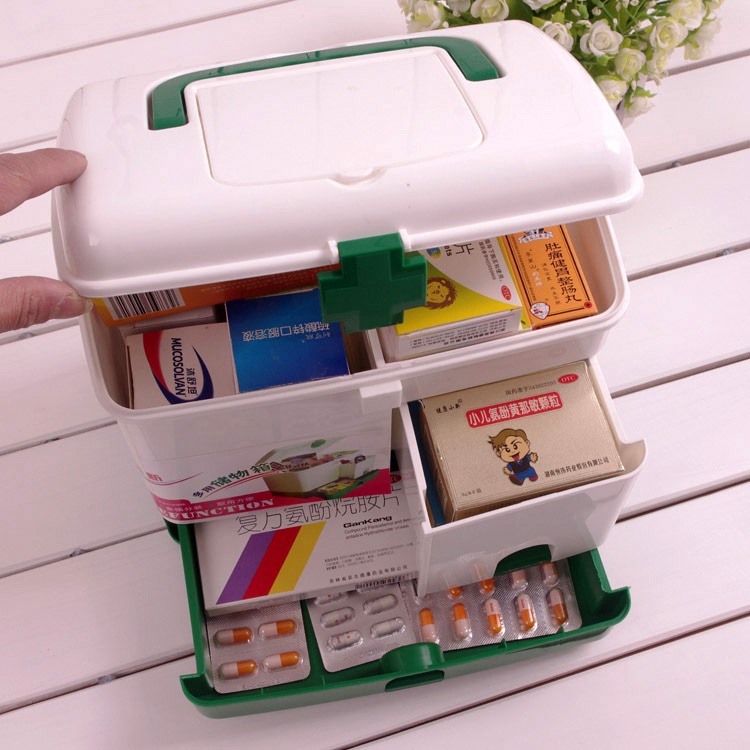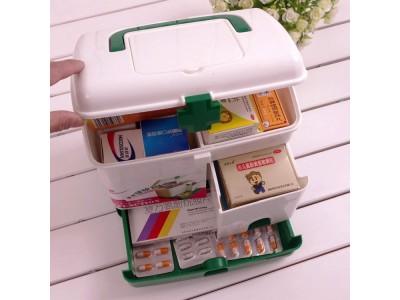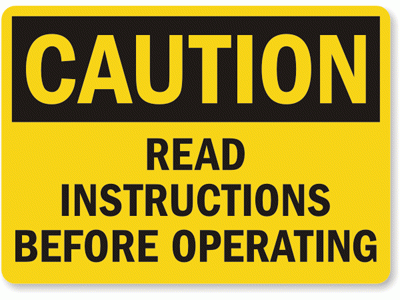 In each house there is a first aid kit with the necessary medicines. It is often located in a convenient place, and its owner often doesn’t think much about compliance with the requirements for storage of drugs. Can there be any universal recommendations for storing your medicine? On the one hand, every person, as it is unfortunate, has unique "set" of ailments and conditions, in which certain medicines are needed, therefore universal recommendations in this case are simply impossible. On the other hand, in every house there are necessarily bandages, some analgesics and some other medicines that family members have to take. If the family has a child, then the amount of drugs that are simply required to be constantly on hand is growing even more. In a word, for one reason or another, but in any home there is always a large or smaller amount of medicines. Every medical product has its own requirements regarding storage conditions. But in the end, it is possible to make a list of rules how to safely store medications.
In each house there is a first aid kit with the necessary medicines. It is often located in a convenient place, and its owner often doesn’t think much about compliance with the requirements for storage of drugs. Can there be any universal recommendations for storing your medicine? On the one hand, every person, as it is unfortunate, has unique "set" of ailments and conditions, in which certain medicines are needed, therefore universal recommendations in this case are simply impossible. On the other hand, in every house there are necessarily bandages, some analgesics and some other medicines that family members have to take. If the family has a child, then the amount of drugs that are simply required to be constantly on hand is growing even more. In a word, for one reason or another, but in any home there is always a large or smaller amount of medicines. Every medical product has its own requirements regarding storage conditions. But in the end, it is possible to make a list of rules how to safely store medications.
How not to make mistakes when organizing drug storage? Here are some tips. They are fit for medicines purchased in ordinary drugstores on in Greece online pharmacies.
After purchasing a medicine, carefully read the storage instructions. There you can find an answer to question “where can I store my medication?” If the annotation indicates that this product should be kept in a cool, dry place, leave it at the door or lower shelf of the refrigerator.
Pre-wrap the package in a plastic bag or place it in a plastic container. This will protect it from the effects of condensation. In such cool conditions, it is best to store ointments, candles and other medicinal forms, which can melt rapidly with increasing ambient temperatures, even if this is not mentioned in the annotations. At least in the hot season, such medical products should not be stored indoors because they can change their properties when they are overheated.
At the same time, avoid the freezer, since at temperatures below zero most of the drug loses its medicinal properties. If the drug has undergone freezing or overheating, then refuse to use it.
The refrigerator itself is the best place to store liquid medicines, that is, drops and syrups.
Most pills, powders, aerosols are stored at room temperature (+ 15-25 ° C).
Take care that the first aid kit is away from the heating devices. Similar conditions apply to bandaging materials — bandage, cotton wool, napkins.
Note! It is categorically unacceptable to store at high temperatures any antibiotics, any hormonal drugs, as well as bacterial medical products, which include serums and vaccines. The use of medications stored at high ambient temperatures, can sometimes lead to fatal outcome.
As it was already mentioned, high temperatures irreversibly change the properties, for example, insulin (just in an hour), nitroglycerin (within a day) and other medications. Therefore, when studying the expiration date on the package, it is necessary to understand that these data will be valid only under the condition of the correct temperature regime of storage.
The vast majority of pharmaceuticals should necessarily be stored in the dark, since under the influence of light chemical reactions can begin, as a result of which a medicine, in the best case, will become simply ineffective and completely useless. But sometimes the properties of a medicine vary so much that its use can even cause drug overdose.
Note! The carton box in which a medicine is packaged carries not only the packaging functions, but also partially protects the product from light.
It is extremely undesirable, and sometimes even dangerous, to leave any medical products under direct sunlight.
The best way to store medications is to choose a dry place and as far away as possible from moisture, since medicines and patches and bandages are hygroscopic and therefore able to absorb a large amount of moisture, which leads to their unsuitability for use. Therefore, when choosing a place for storage of medicines and medical products one should always take into account the humidity factor.
Categorically not suitable for storage of medicines are the bathroom and kitchen, because in these areas is constantly unstable humidity and temperature.
In the kitchen, but away from the stove and from the sink, you can only store a bit of hydrogen peroxide in a very tightly sealed bottle, a little cotton wool and a few small patches, as there are various cuts and other injuries in the kitchen.
If you want to store medicines at home, it should be remembered that this is a case when the air is not only unprofitable, but it is also capable of causing irreparable harm.
When it comes to liquid dosage forms that are stored in vials, then the liquid might evaporate in the open air, or enter into a chemical reaction with oxygen, or absorb any substances contained in the air. That is why it is important to close the bottle with any medicinal substance as closely as possible and always check that the cap and lid are well closed.
As for tablet forms, they should only be stored in a sealed factory package that protects against the possible effects of air, as the chemicals contained in pills are not always inert to the action of oxygen. If the tightness of the packaging of the tablets is broken, then their prolonged storage becomes impossible.
It is very important that access to medicines (home medicine chest) is simple, because there might be situations when there is simply no time for a long search for the desired medicine.
But there is a certain contradiction: on the one hand, access to the first-aid kit should be simple and convenient, and on the other hand, children, people who can confuse drugs and pets should not have access to it.
In this way, the medicine should be kept in a place where children and animals simply cannot penetrate. It is also important to explain to kids why drugs can’t be touched.
It is important to remember that the effect of expired medications is very difficult to predict, since the chemical components of each medical product have their own peculiarities. Of course, remembering the shelf life of all drugs stored at home is simply unrealistic, so at least once a year (and preferably once in half a year) one should inspect the home medicine chest and throw away all the products whose shelf life is already over.
In no case one should store drugs at home that are already past due, even if they are expensive — life is more valuable. It should not be forgotten that drug overdose can be very dangerous, and sometimes deadly.





